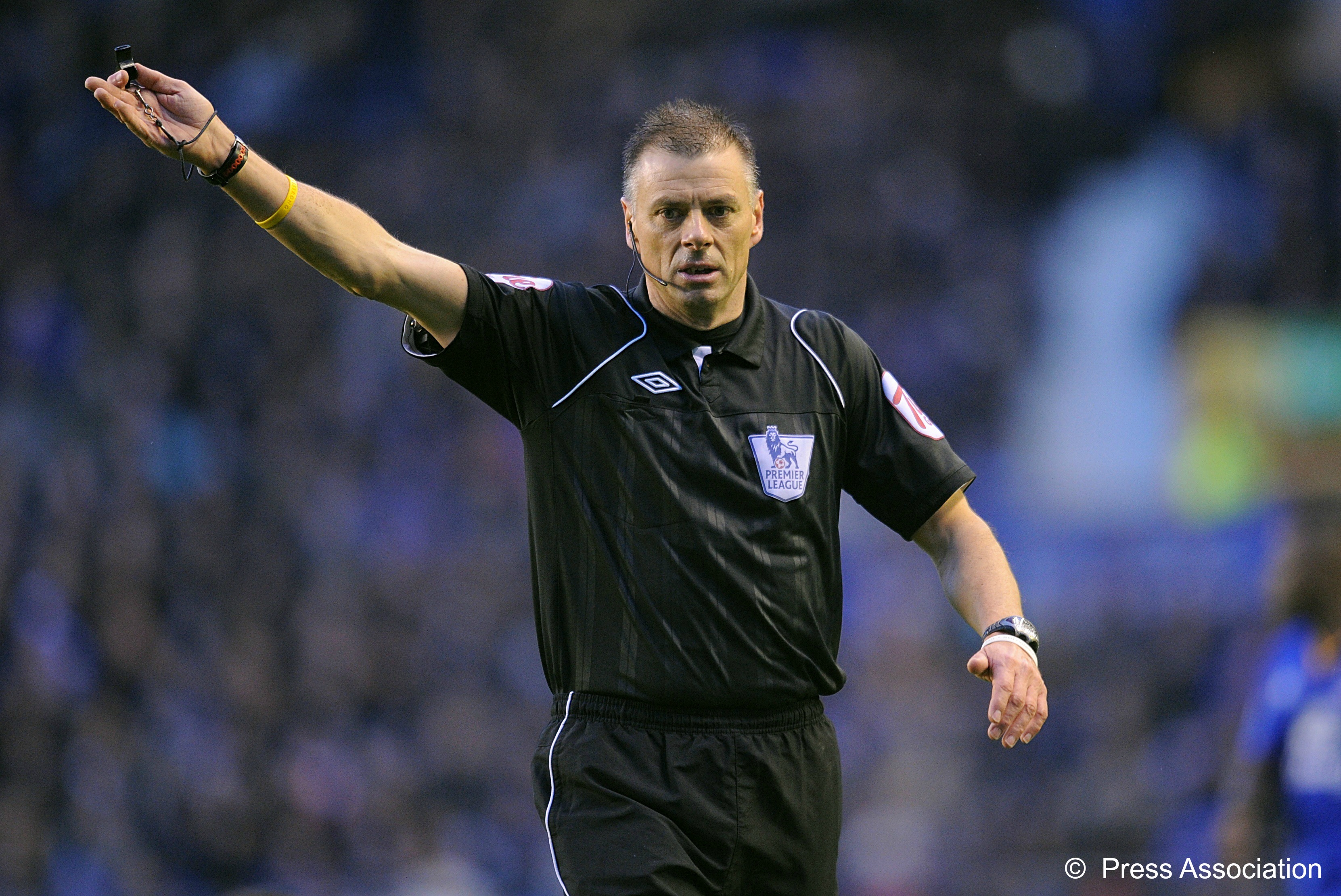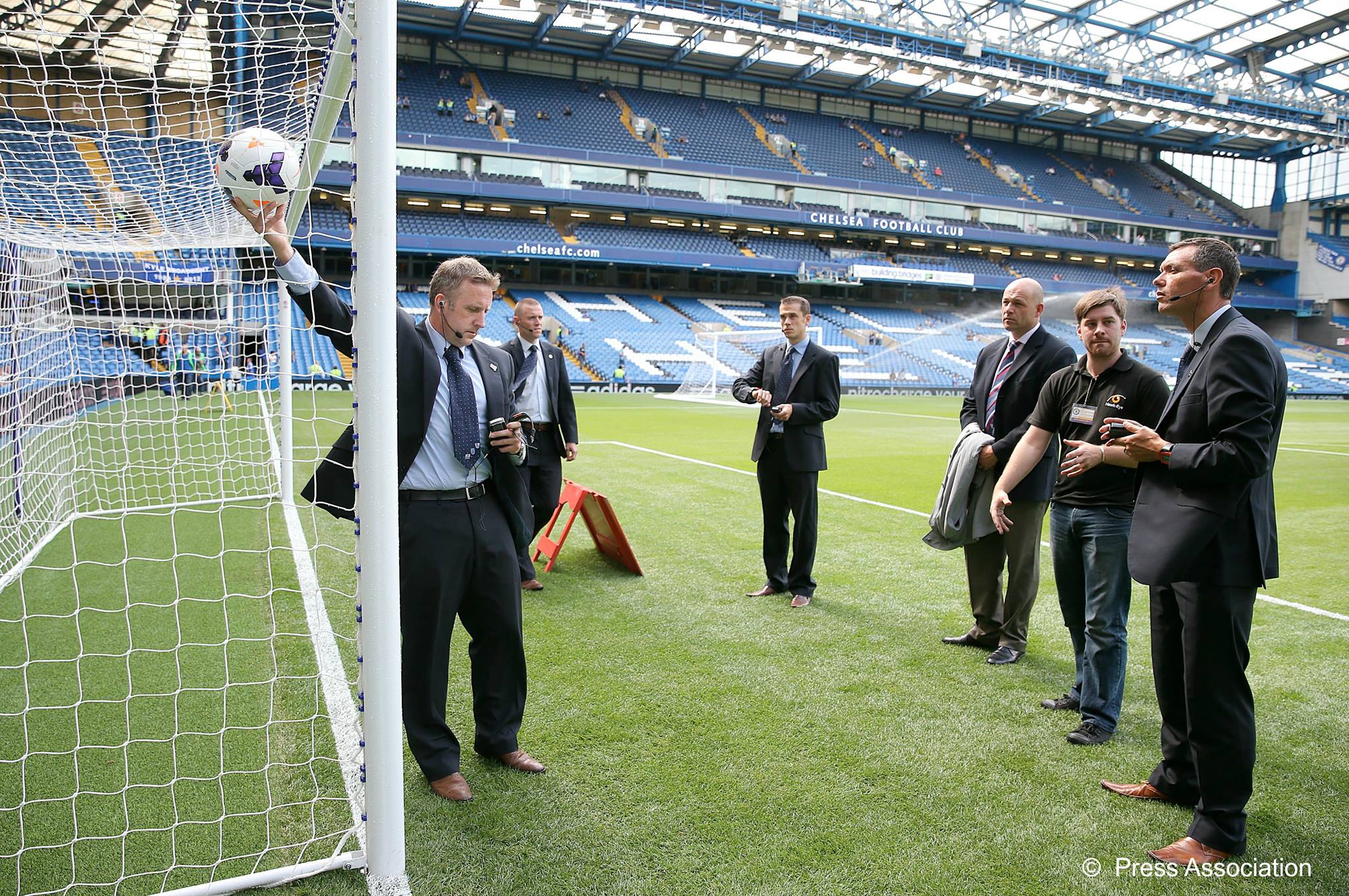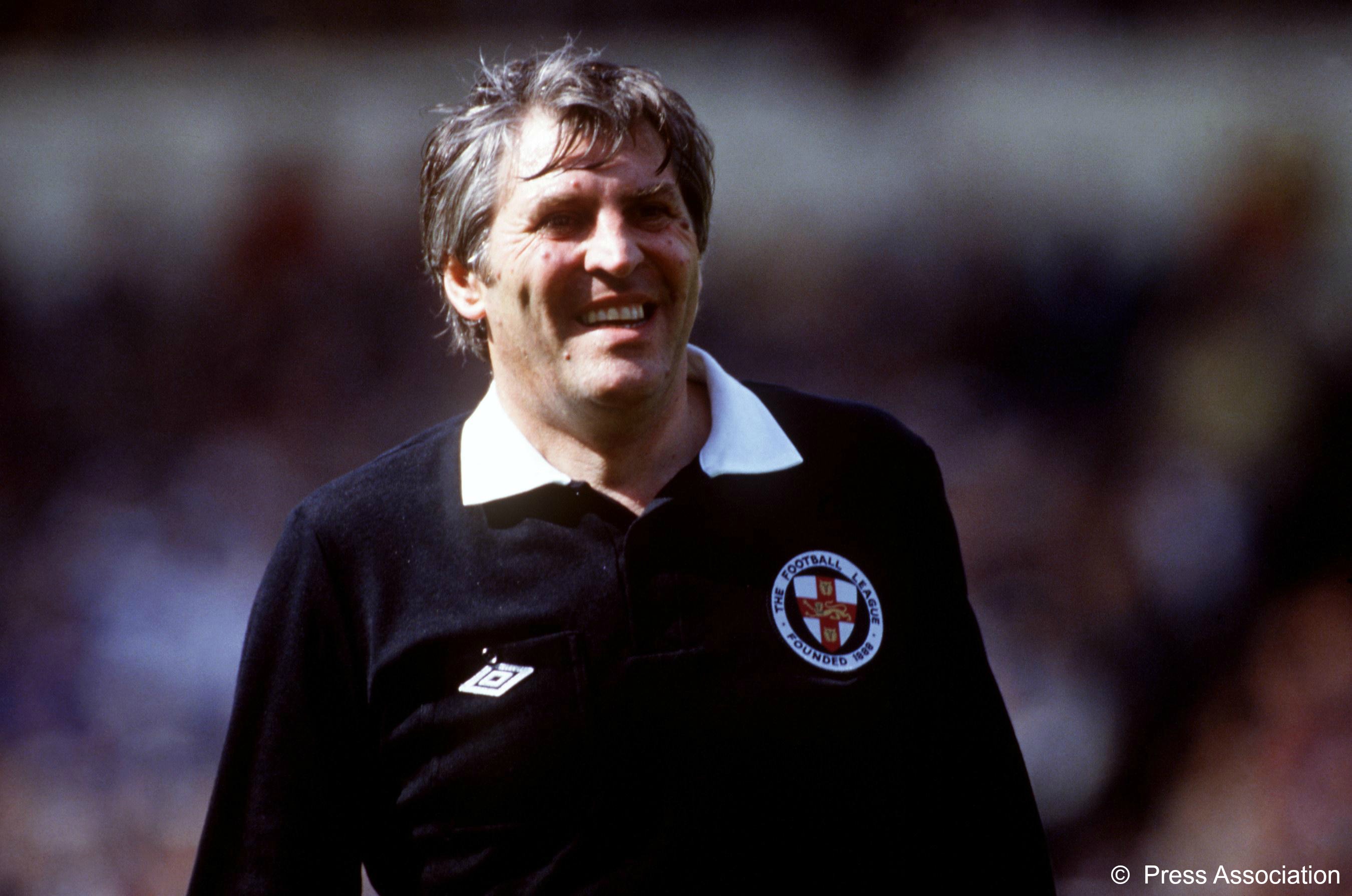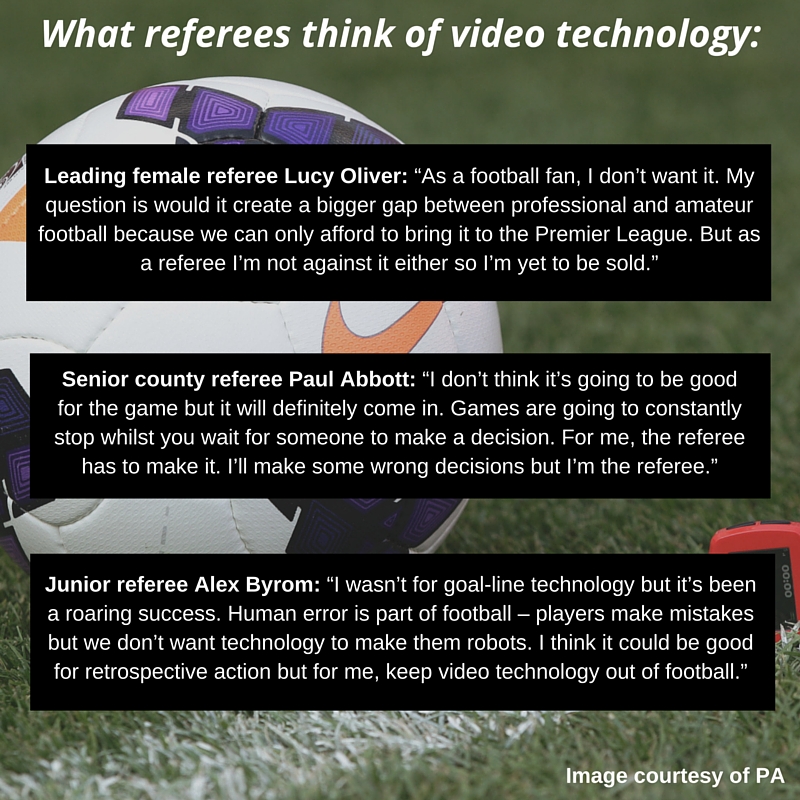FORMER Premier League referee Mark Halsey believes it’s time for video technology to be introduced into football – but only for the big calls.
The retired whistler, 54, thinks anything that enhances a referee’s decision-making can only be good for the game.
After 14 years in the top-flight, Halsey hung up his whistle in the summer of 2013 – the season before goal-line technology first appeared in the Premier League.
And he feels its success is proof that camera assistance can aid officials at the highest level, where money is the biggest talker.
“We’ve seen how fantastic goal-line technology has been – there’ve been no arguments, complaints or interferences,” said Halsey, from Bolton, Greater Manchester.
“So, for me, anything that helps referees with decision making has to be the right way forward.
“I think it’s such a massive business now, not a sport anymore. If you look next season it’s not a good time to be relegated from the Premier League with the new TV deal.
“As far as technology is concerned, it has to come in now for all the big decisions just like in rugby and cricket particularly.”
A number of managers, such as Rotherham’s Neil Warnock and Reading boss Brian McDermott, have expressed their desire to have two appeals per game – one in each half – to challenge contentious refereeing decisions.
But Halsey is an advocate of a fifth official observing screens from afar, in a similar way to the Television Match Official in rugby.
“I think it needs an ex-referee who has been at the top level sitting upstairs or somewhere in the stadium, almost separate from the game, looking at multiple screens to help the referee with decisions when he needs it,” he explained.
“All a referee has to do is when the game stops, if there’s a penalty, offside, red card, a goal that’s been chalked off, then you can look at them straight away.
“There’s an ongoing trial that Fifa have approved so let’s hope it’s successful.”
TIMELINE: The history of match officials
Drag your cursor to the right hand side and click on the arrow to move to the next slide:
Many people who disapprove of technology argue it will cost in the region of £10 million and potentially disrupt the rhythm of matches.
However, Halsey feels it can be used during natural breaks in play and pointed to the recent incident-packed Premier League game between Chelsea and Tottenham to explain how it could work.
“It’s not going to stop the flow of a game. If you look when there’s a big decision and players are not happy, it takes forever for play to get restarted – up to three or four minutes sometimes,” he said.
“If you look at the hassle Mark Clattenburg had to deal with, within seconds technology could tell us the right decision for all of those incidents.
“If you look at the touchline fracas involving Rose and Willian, Clattenburg could just stop it there, go upstairs, ask the referee whose watching the monitors and say ‘is there any other disciplinary action I need to take on any other player’.
“They would then come back immediately and say Dembele has to be sent off for violent conduct for what he did to Costa. It’s simple – he would be off and play would be restarted.”

Hertfordshire-born Halsey officiated many high-profile games during a career spanning 24 years, five of which were spent on the Fifa list of international referees.
And he admitted he would have benefitted massively from referring to technology when in the middle himself.
“Obviously there’s been lots of times when I got decisions wrong and I’d have loved to have gone upstairs and said ‘listen just check this out for me, have I got this right or wrong?’ when the game has stopped and they would come back almost instantly with an answer,” he commented.
“It would’ve been great to have that in place when I was refereeing – I’d have found it very useful.”

Whilst the Premier League still reaps the benefits of Hawk-Eye, goal-line technology is still not present in the Football League or other leagues throughout Europe, such as Spain’s La Liga.
As far as Halsey is concerned, League Two is just as important and he believes, given the amount of money pumped into the game, technology should be rolled out across the other divisions.
“For me, if it comes into the Premier League, then it should come into the Championship, League One and League Two,” he insisted.
“But then how far do you go down because the National League is professional nowadays – why not bring it in for them? There’s enough money in football for goal-line and video technology to be introduced throughout the professional game.”
See what fans think about video technology from the results of our survey:
Like Halsey, Keith Hackett is a former top-flight and Fifa referee who ‘100 per cent’ supports the introduction of video technology.
A two-year trial is currently being conducted in the Netherlands, who were represented at a conference Hackett chaired in Lisbon last month on the ‘Future of Football’.
During the event, Gijs De Jong, of the Royal Netherlands FA, outlined how the video review system had developed and is used by Dutch referees – which convinced Hackett of its capabilities.
“We’ve known for a long time that referees need all the help they can get with making decisions,” said the 71-year-old, the ex-head of the Professional Game Match Officials Limited, which controls Premier League officials.
“The presentation was fascinating and only highlighted that it should be introduced without delay. When I refereed there were three cameras in stadiums but there’s over 20 now and it’s impossible for officials to compete with them.”

Sheffield-based Hackett, whose 34-year career ended in 1994, thinks we won’t see video replays in the English top-flight until 2020 and criticised Fifa’s reasons for delaying its introduction.
“We have to wait for the trials to be completed but it’s ridiculous that Fifa are waiting to launch it at the 2018 World Cup so it’s used in their tournaments first.
“Therefore we’re going to have to wait another three or four seasons. For me, a fifth official looking at a monitor in a broadcast truck shouldn’t need rigorous testing – it’s the only way.
“I accept it needs to be phased in and there should be no limits to how it’s used but it doesn’t have to be a complicated process. The format, for me, doesn’t matter as long as the right decisions are come to in the end.”
With the International Football Association Board approving trials in Italy from next season, video technology appears to be one step closer but it remains to be seen whether it will drive up refereeing standards that many feel are too inconsistent.
















Recent Comments